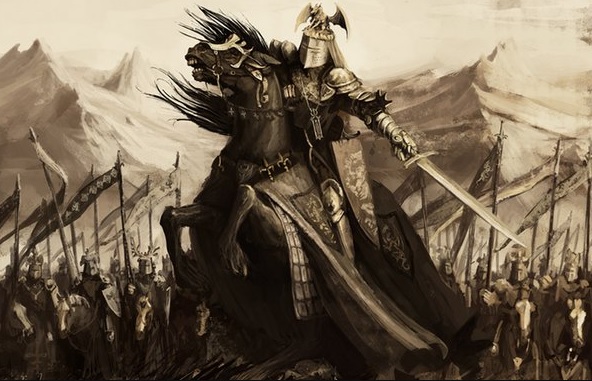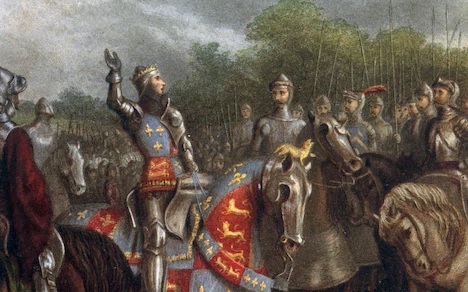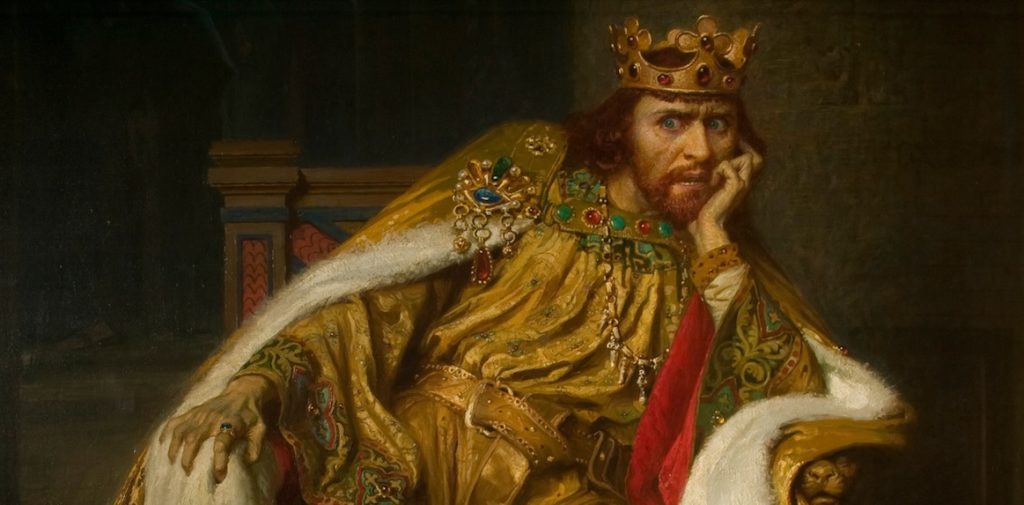Medieval kings were expected to be brave and skilled warriors, and many of them did fight in battle. However, the role of the king on the battlefield varied depending on the time and place. In some cases, kings led their armies into battle personally, while in others, they stayed behind and directed their troops from a distance.
The early medieval period: Kings leading armies into battle
During the early medieval period, the king was often seen as the guardian and protector of his people. In many societies, the king was expected to be a strong and brave warrior who could defend his kingdom against external threats.
As such, it was seen as the duty of the king to lead his armies into battle and to personally fight alongside his troops. This was especially true in the Germanic and Scandinavian societies of the time, where the king’s role as a warrior-leader was highly valued.

In these societies, the king’s leadership and bravery on the battlefield were seen as essential to the success of the army and the protection of the kingdom. The king was expected to be a role model for his troops, and his presence on the battlefield was seen as a symbol of the strength and unity of the kingdom.
The later medieval period: The shift towards ceremonial leadership
In the later medieval period, however, the role of the king on the battlefield began to change. As states became more centralized and armies became more professional, the king’s role became more ceremonial and less hands-on. Kings began to delegate more of their military responsibilities to professional commanders, and they often stayed behind to direct the war effort from a distance.
This shift in the role of the king on the battlefield was also influenced by the development of feudalism and the rise of powerful nobles. As feudal lords became more powerful, they often took on more military responsibilities and played a greater role in the defense of their lands.

This shift in power meant that kings were less able to rely on their own military skills and had to rely more on their ability to delegate and lead from a distance.
Examples of medieval kings who fought in battles
Despite the shift towards more ceremonial leadership in the later medieval period, many medieval kings still fought in battle and played an active role in the defense of their kingdoms. Some kings were skilled warriors who personally led their armies into battle, while others served as high-ranking officers and played a more strategic role in the war effort.
For example, King Edward III of England was known to be an accomplished warrior and fought in several battles during the Hundred Years’ War. He was known for his bravery and military skills, and he played a key role in several English victories during the war.
Similarly, King Charles VII of France was an active participant in the Hundred Years’ War and the Wars of the Roses, and he played a key role in several French victories. Both of these kings were seen as strong and capable leaders who were able to inspire their troops and lead them to victory on the battlefield.
Kings who were reluctant or unable to fight in battle
However, not all medieval kings were skilled warriors, and some were reluctant to fight in battle. In some cases, kings were forced to fight in battle due to political or diplomatic pressure, even if they were not personally skilled at warfare.
For example, King John of England was forced to lead his army into battle during the First Barons’ War, despite the fact that he was not a particularly capable warrior.

Conclusion: The varied role of medieval kings on the battlefield
Overall, the role of medieval kings on the battlefield varied depending on the time and place. Some kings were skilled warriors who personally led their armies into battle, while others delegated their military responsibilities to professional commanders. However, all kings were expected to be brave and to serve as an example for their troops, even if they did not fight in battle personally.
